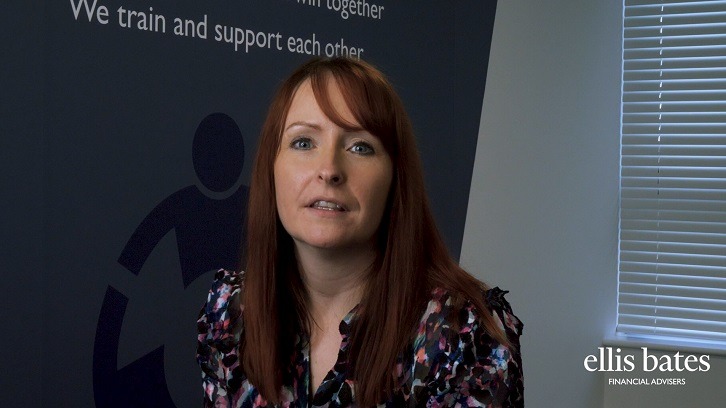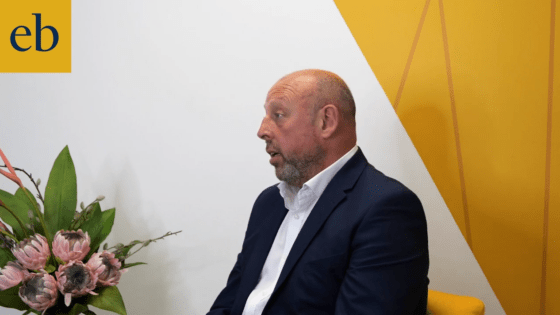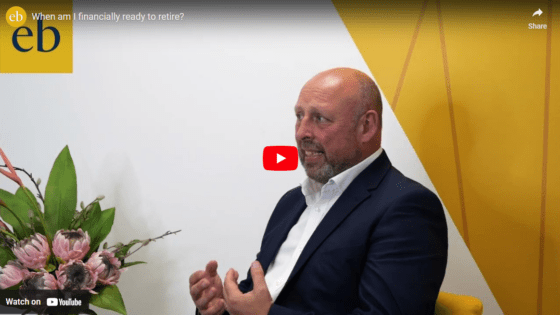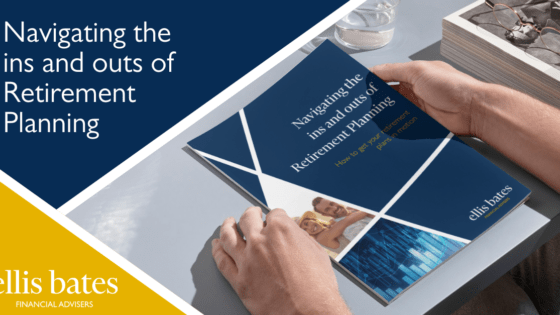SIPPs: Self invested Personal Pension Schemes
A SIPP is a flexible and tax-efficient pension designed to be managed by yourself if you have sufficient investment knowledge or with the help of a trusted Financial Advisor . As with all pensions a SIPP is designed to help you reach your pension pot and retirement goals.
Read more about SIPPs
OEIC’s Open Ended Investment Companies
This is a type of fund which offers a professionally managed portfolio of pooled investor funds that invests in different equities, bonds, and other securities. OEICs help avoid the volatility and risk of investing in a single asset class – while still looking to achieve returns that can potentially outstrip inflation.
Read more about OEIC’s
Investment Bonds
An investment bond is a single-premium investment with an element of life insurance and allow you to invest in a diverse portfolio of funds that are expertly managed on your behalf. Bonds are typically designed for longer (min 5 years) term capital growth. Bonds can be held either offshore or onshore and its important to understand the tax implications of both.
Read more about investment bonds
Bank & Building Society Deposits
A deposit account is a secure home for your every day and emergency cash and forms part of any financial plan.
Using Property to save for retirement
Many will plan to use their property as part of their retirement planning, typically through downsizing and equity release or owning Buy to let properties.
Read more on using property to save for retirement
ISA’s (Individual Savings Accounts)
ISAs are a type of savings plans and you can pay in lump sums and/or regular contributions and are tax-efficient when you take the money out with investment growth on cash being tax-free.
You can invest money in a Stocks & Shares ISA and/or a Cash ISA.
Read more about ISA’s
LISA’s (Lifetime ISA)
You’re able to open a Lifetime ISA if you’re aged between 18 and 39. You can use a Lifetime ISA to buy your first home or save for later life. You can put in up to £4,000 each year until you’re 50. The Government will add a 25% bonus to your savings, up to a maximum of £1,000 per year.
The State Pension
The State Pension is a vital source of income for millions of retired people across Britain. However, the system can be complex and it’s important that you know how it works. If you’re looking to maximise your income in retirement, a good place to start is with your State Pension.
To receive the basic State Pension you must have paid or been credited with a minimum of 10 years National Insurance contributions. With 35 years National Insurance contributions you will receive the full state pension. You can ‘top up’ national insurance contributions.
The full new state pension is currently £185.15 per week.
You can check your entitlement at www.gov.uk/check-state-pension
Seeking help and advice from an expert, qualified Financial Advisor will help ensure your retirement plans are well thought out, robust and achievable.


 Saving for retirement
Saving for retirement



